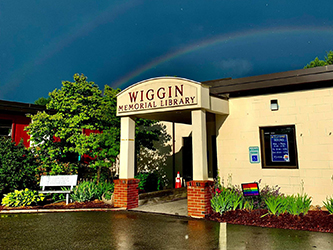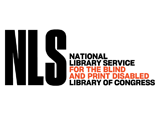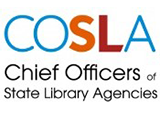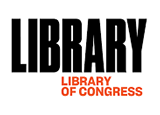Federal Funding
Description and detail regarding federal funding for NH State Library.
The Library Services and Technology Act (LSTA) was part of the Omnibus Appropriation Bill (Public Act 104-208) signed into law on September 30, 1996. Under this act, a number of changes occurred marking the end of the Library Services and Construction Act (LSCA). Known originally as the Library Services Act (LSA), the LSCA program had been in existence, in various forms and with various priorities, since 1956.
Major changes from the old LSCA to the new LSTA:
- The state's grant timelines are in line with the federal fiscal year (October 1 to September 30)
- The New Hampshire State Library will apply only once every five years for use of funds.
- All types of libraries are eligible for all types of grants
Eligible Libraries
Unlike LSCA where only public libraries were eligible for grants, LSTA funds are available to school library media centers, academic libraries, qualified private/research libraries, special libraries, library consortia, libraries in residential and correctional institutions as well as public libraries.
Background
The Library Services and Technology Act (LSTA) grant program implemented in 1997 is the second federal grant program in 35 years established to help libraries improve services to their patrons. LSTA replaces LSCA, which was originally designed to improve the development of services in rural areas. LSCA was amended and expanded many times to meet the different needs of public libraries, thus reflecting the changing nature of information formats, delivery and patron demands. As information technology drastically changed the ways in which libraries operated, the new LSTA was developed to help libraries acquire hardware and software. LSTA also emphasizes improving library services to the underserved especially to children living in poverty. The Institute of Museum and Library Services administers LSTA.
Congress has annually appropriated funds for LSTA. The New Hampshire State Library's allocation carries out the goals and objectives of the New Hampshire LSTA Five-Year Plan. Approximately $880,000 is allocated each year, of which the majority is dedicated to covering the costs of Statewide Services (Database licensing support; Interlibrary Loan delivery services; Library Services to Persons with Disabilities; Library Development Services activities such as planning, evaluation, continuing education and training; Resource Sharing). In 1998 and 2000, available funds enabled competitive grants programs for funding projects in basic technology, enhanced internet connectivity, partnerships and cooperative projects; improved access to library and information services, library services to special populations and preserving New Hampshire documents. The State Librarian annually determines the allocation of funding for competitive grants.
In New Hampshire, 96% of the funds under LSTA are used to carry out two goals:
- Increased access to information through improved technology
- Training and education of librarians, library staff, public officials and the public in the importance of the library in an information environment











